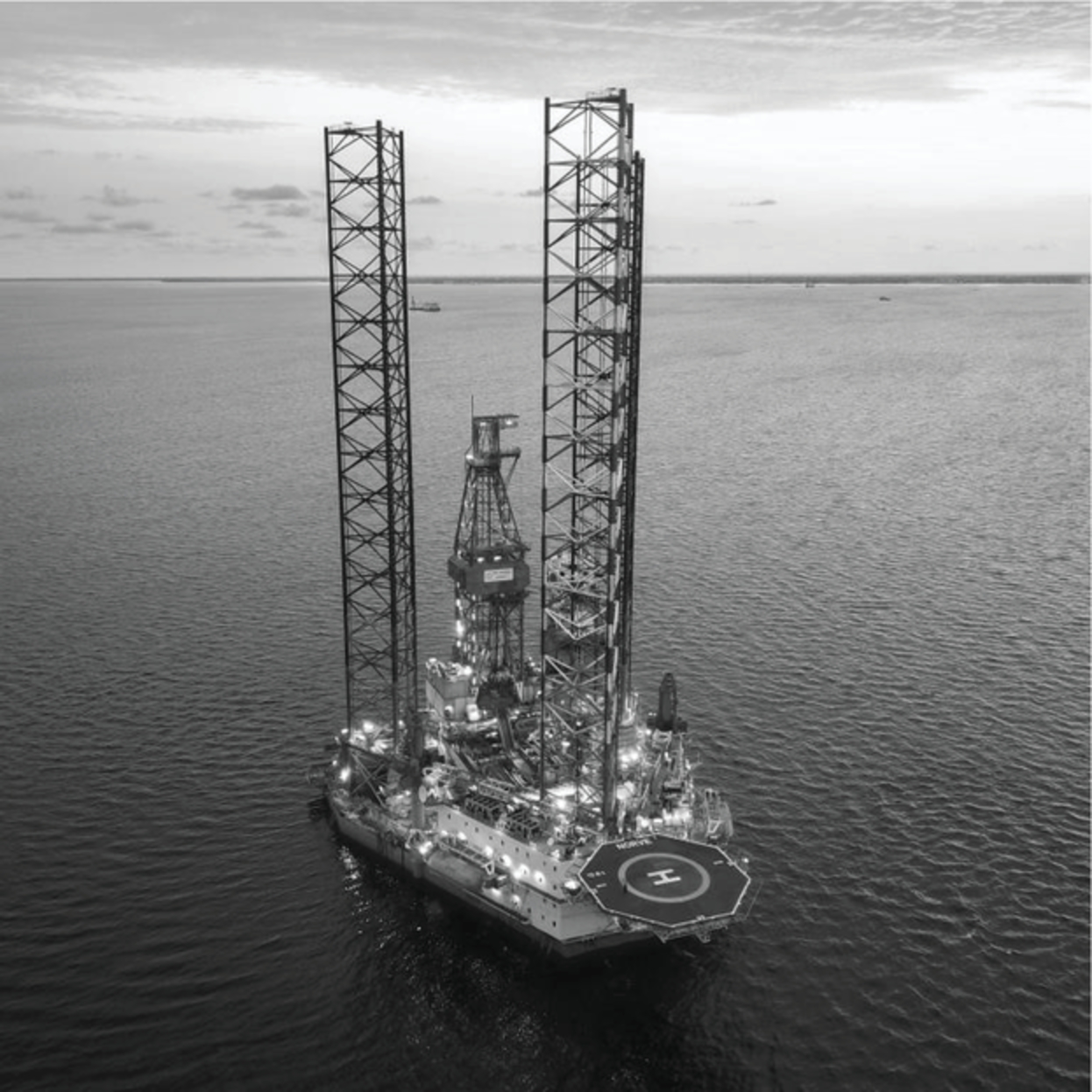

The objective of the course is to provide the participants with a solid understanding of the challenges and solutions to numerous water flooding issues. Hands-on examples and exercises are used throughout the course to help participants with understanding all topics presented in this course.
By the end of this course delegates will be able to:
Reservoir Engineers, Production Engineers, Facilities Engineers, Petroleum Engineers, Research and Development Engineers, and operations who are involved with some aspects of a new or existing water flood project; geoscientists and professionals who want to get a better feel for the entire process of planning, development, management, and recovery optimization of a water flood project.
CDGA attendance certificate will be issued to all attendees completing minimum of 80% of the total course duration.
| Code | Date | Venue | Fees | Register |
|---|---|---|---|---|
| DE120-02 | 14-06-2026 | Dubai | USD 5450 | |
| DE120-03 | 21-09-2026 | Istanbul | USD 5950 | |
| DE120-04 | 22-11-2026 | Amman | USD 5450 |
 2.jpg)
This course addresses the fundamentals of Enhanced Oil Recovery (EOR) applications. The course covers the different phases for Enhanced Oil Recovery (EOR) project implementation that include technical ...

This course will cover well performance and productivity. Specific topics that will be covered include, well inflow and outflow performance, NODAL analysis, well surveillance, and problem diagnostics. ...

Naturally fractured reservoirs present unique and specialized challenges to hydrocarbon extraction. This course seeks to confront many of these challenges by providing an introduction to the engineeri ...

The principles of sound reservoir management are presented with emphasis on practical applications. Actual case histories are used to study both successes and failures. An interdisciplinary synergisti ...
Providing services with a high quality that are satisfying the requirements
Appling the specifications and legalizations to ensure the quality of service.
Best utilization of resources for continually improving the business activities.
CDGA keen to selects highly technical instructors based on professional field experience
Since CDGA was established, it considered a training partner for world class oil & gas institution
3012, Block 3, 30 Euro Business Park, Little Island, Co. Cork, T45 V220, Ireland
Mon to Fri 09:00 AM to 06:00 PM
Contact Us anytime!
Request Info